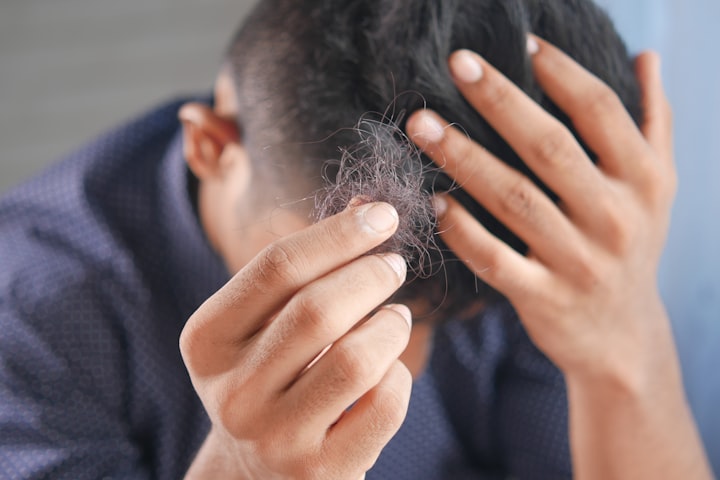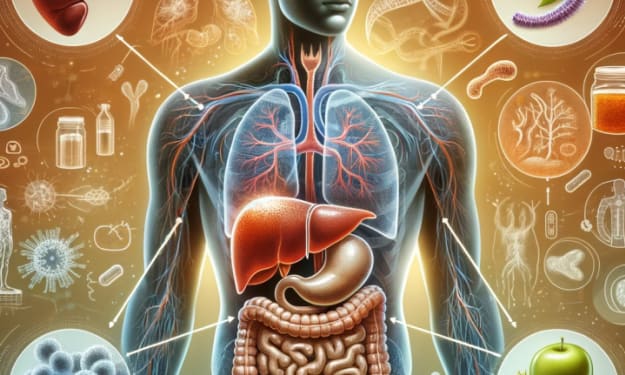
Hair loss is a common condition that affects both men and women. It can be caused by a variety of factors, including genetics, hormonal changes, medical conditions, medications, and nutritional deficiencies. Understanding the causes, signs and symptoms, and treatments for hair loss can help individuals take proactive steps towards maintaining healthy hair.
Causes of Hair Loss:
Genetics: Androgenetic alopecia, also known as male or female pattern baldness, is the most common cause of hair loss. It is a hereditary condition that causes the hair follicles to shrink, leading to thinner and weaker hair.
Hormonal changes: Hormonal imbalances caused by pregnancy, childbirth, menopause, thyroid problems, or other conditions can cause hair loss.
Medical conditions: Certain medical conditions, such as alopecia areata, scalp infections, or autoimmune disorders, can cause hair loss.
Medications: Certain medications, such as chemotherapy drugs, blood thinners, and antidepressants, can cause hair loss as a side effect.
Nutritional deficiencies: Lack of essential nutrients, such as iron, vitamin D, and protein, can cause hair loss.
Stress: Physical or emotional stress can cause temporary hair loss.
Signs and Symptoms of Hair Loss:
The most common sign of hair loss is a noticeable thinning of the hair on the scalp. This may be accompanied by a receding hairline, bald patches, or overall hair loss. Hair loss can also be accompanied by itching, scalp irritation, and hair breakage.
Treatment:
The treatment for hair loss depends on the underlying cause. In some cases, hair loss may be temporary and may not require any treatment. For example, if hair loss is caused by stress or a nutritional deficiency, it may be corrected by managing stress or improving the diet.
If hair loss is caused by a medical condition or medication, treating the underlying condition or changing medications may be necessary. In cases where hair loss is caused by hormonal changes, medications such as finasteride or minoxidil may be prescribed to help slow or stop hair loss.
Topical treatments, such as creams or foams containing minoxidil, can also be used to promote hair growth. These treatments are applied directly to the scalp and work by increasing blood flow to the hair follicles, stimulating hair growth.
In some cases, surgical procedures such as hair transplants may be recommended. During a hair transplant, hair follicles are removed from a donor area on the scalp and transplanted to the balding area.
It's important to note that not all treatments are effective for everyone, and some treatments may have side effects. It's important to consult with a healthcare professional to determine the most appropriate treatment for your specific situation.
In addition to medical treatments, there are also several natural remedies that may help promote hair growth and reduce hair loss. For example, some people find that massaging the scalp with essential oils, such as lavender or rosemary oil, can help stimulate hair growth. Others may find that using herbal supplements, such as saw palmetto or ginseng, can help reduce hair loss.
Treatment at Home:
There are several steps individuals can take at home to help prevent hair loss and promote hair growth:
Eating a healthy, balanced diet that is rich in essential nutrients, such as iron, vitamin D, and protein.
Managing stress through relaxation techniques, such as meditation, yoga, or deep breathing exercises.
Avoiding tight hairstyles that pull on the hair, such as tight braids or ponytails.
Avoiding harsh chemical treatments, such as hair dyes, bleaches, and perms.
Using a gentle shampoo and conditioner that is designed to promote hair growth and reduce breakage.
Taking a biotin supplement, which has been shown to improve hair growth in some individuals.
Massaging the scalp regularly to promote blood flow and stimulate hair growth.
If hair loss persists or is accompanied by other symptoms, it's important to consult with a healthcare professional to determine the underlying cause and the appropriate treatment. Depending on the cause, treatment options may include medications, topical treatments, or surgical procedures.
In conclusion, hair loss can be a distressing condition for both men and women. Understanding the causes, signs and symptoms, and treatment options can help individuals take proactive steps towards maintaining healthy hair. By eating a healthy diet, managing stress, avoiding harsh treatments, and taking care of the scalp, individuals can promote hair growth and reduce the risk of hair loss.
About the Creator
Rajbala
"I am writing about health tips and motivational stories, emphasizing the importance of motivation in prioritizing our well-being and recognizing that health is indeed wealth."
Reader insights
Outstanding
Excellent work. Looking forward to reading more!
Top insight
Easy to read and follow
Well-structured & engaging content






Comments (1)
Very good information